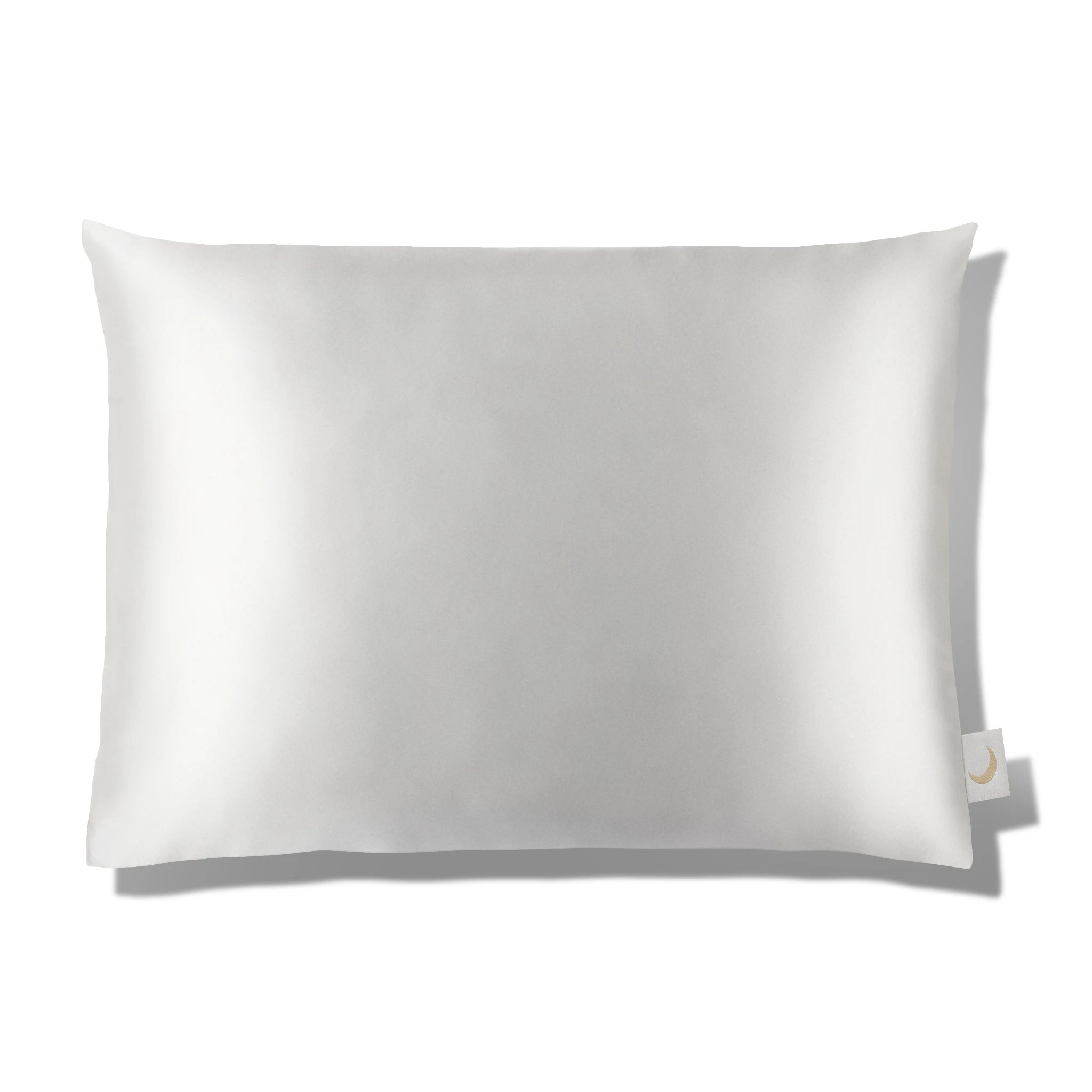Have you ever tossed and turned all night, only to wake up craving carbs and caffeine? That’s not a failure of willpower. That’s ghrelin at work, your body’s natural hunger hormone, acting out of sync with your sleep cycle.
At Moonchild, we believe that sleep isn’t just about rest. It’s about restoring balance, including the subtle hormonal rhythms that guide how we eat, feel, and function. And ghrelin is a major player in that story.
What Is Ghrelin? The Hunger Hormone Explained
Ghrelin is produced primarily in the stomach lining and secreted into the bloodstream, where it travels to the brain — specifically, the hypothalamus, which governs hunger, energy balance, and circadian rhythms.
When your stomach is empty, ghrelin levels rise, prompting you to seek food. After eating, levels drop. In a healthy rhythm, this helps regulate appetite. But when sleep is disrupted, this rhythm gets thrown off.
How Sleep Affects Ghrelin (and Why You Crave More After Less Sleep)
Multiple studies show that even one night of poor sleep can increase ghrelin levels — and not just a little. Sleep-deprived individuals often show:
-
15–30% higher ghrelin the next morning
-
Suppressed leptin, the hormone that tells you you're full
-
A tendency to crave high-calorie, high-reward foods (think chips, chocolate, pastries)
The body isn’t being irrational. It’s compensating. When it senses low energy from a lack of deep rest, it looks for fast, accessible fuel.
This is why sleep-deprived nights often lead to overeating — not just more food, but more comfort food.
Ghrelin, Circadian Rhythm & Sleep Stages
Your body runs on a 24-hour cycle known as the circadian rhythm, regulating everything from hormones to body temperature. Ghrelin follows this cycle too:
-
It rises before meals (especially breakfast)
-
Dips during the night, especially during deep sleep (slow-wave sleep)
-
If sleep is interrupted or delayed, ghrelin stays elevated longer, triggering nighttime hunger
Late-night meals or poor sleep hygiene can delay deep sleep, keeping ghrelin levels artificially high and disrupting metabolic recovery.
The Emotional Side: Stress, Cortisol, and "False Hunger"
It’s also important to distinguish emotional hunger from biological hunger.
Poor sleep increases cortisol, the stress hormone, which can further amplify ghrelin production and emotional eating. That’s why:
-
Stress + sleep loss = increased snacking
-
Especially in the evening when willpower is lowest
At Moonchild, we often say:
"Not every craving is a call for food, sometimes, it's a call for rest."
How to Naturally Balance Ghrelin for Better Sleep and Less Craving
Here are gentle, evidence-backed ways to support healthy ghrelin levels:
1. Prioritize Consistent Sleep
Go to bed and wake up at the same time each day. Even small shifts can recalibrate ghrelin.
2. Embrace Calming Bedtime Rituals
Gentle wind-down routines — like sleep journaling, mindfulness
+ before bed, or warm herbal teas — cue your body that it's safe to rest.
3. Consider a Sleep-Friendly Nightcap
A light snack with protein and tryptophan (like warm moon milk or almonds) can satisfy hunger signals without spiking ghrelin
4. Reduce Screen Time Before Bed
Blue light from devices suppresses melatonin and delays sleep onset — keeping ghrelin elevated longer into the night.
5. Get Morning Sunlight
Early daylight exposure reinforces your circadian rhythm and helps regulate hormones like ghrelin and leptin.
Final Thought: Ghrelin Isn’t the Enemy — It’s a Signal
Cravings are not failures. They’re messages. When you wake up hungry after a restless night, it’s not about a lack of discipline — it’s about hormonal imbalance.
By gently restoring sleep patterns, embracing ritual, and respecting your body’s signals, you allow ghrelin to return to its natural flow and give yourself the gift of rest without guilt, and nourishment without chaos.




















